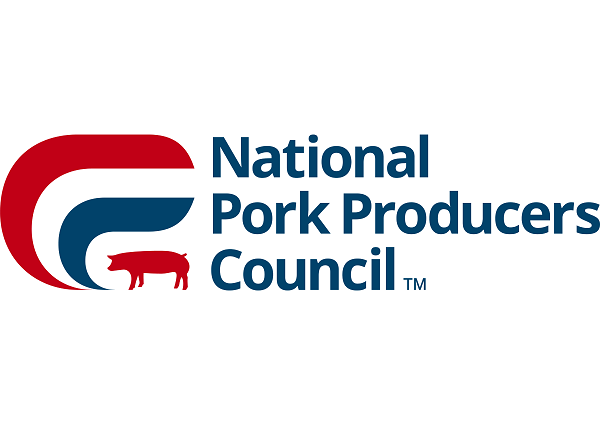

Randy Spronk, a Minnesota pork producer and the National Pork Producers Council’s (NPPC) past president, testified before the U.S. House Committee on Ways and Means’ Subcommittee on Trade as part of its hearing on “Reforming the Generalized System of Preferences to Safeguard U.S. Supply Chains and Combat China.”
The U.S. Generalized System of Preferences (GSP) expired in 2020 and provided duty-free treatment of goods exported to the United States from beneficiary developing countries.
“U.S. pork producers support the renewal of GSP, a valuable program that will give U.S. trade negotiators another tool to persuade countries to eliminate trade restrictions on U.S. products,” said Spronk. “Further, a renewal of GSP should include stronger enforcement mechanisms that provide U.S. trade negotiators the tools to ensure countries are meeting their obligations.”
In the past, the U.S. pork industry has utilized GSP to gain market access to countries, including Argentina and India.
Expansion of export markets is crucial to the continued success of the U.S. pork industry, which shipped nearly $7.68 billion of pork to more than 100 foreign destinations in 2022. Those exports supported approximately 155,000 U.S. jobs, added $14.5 billion to the U.S. economy and equated to approximately $61, or 25 percent, in value for each hog marketed in 2022.
“We believe promoting the economic growth and development of GSP recipient countries is a good business proposition because increased income and buying power in those markets will create future export opportunities for U.S. pork producers,” added Spronk.
Randy Spronk’s full testimony can be found here





